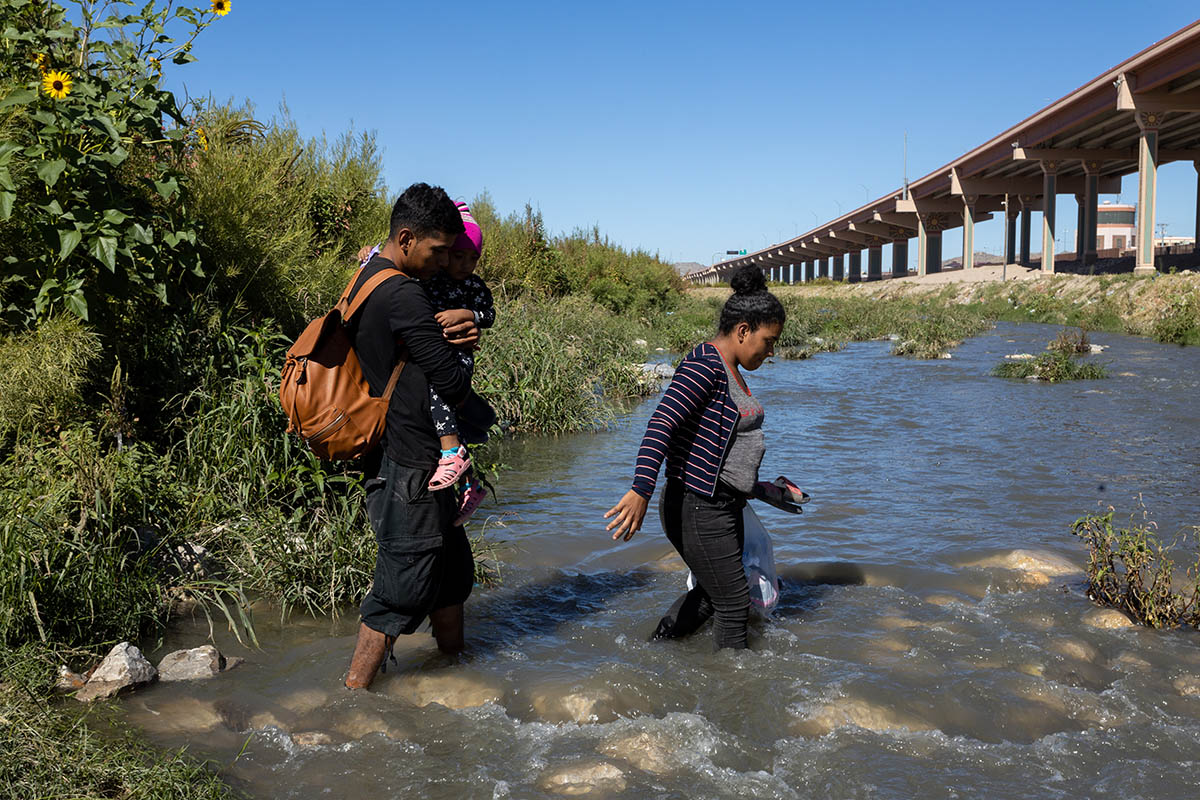Freedom of speech has been a fundamental human right since the Universal Declaration of Human Rights in 1948. Kiiza Saddam Hussein, 26, a Commonwealth Correspondent who lives in Uganda and Rwanda, argues that while we should enjoy these rights, they are not absolute. Duties and responsibilities may impose some limitations as the world draw lines between rights …
Tag: Human Rights
50,005 Reasons Why Silence is Killing Women: Let’s Break the Damn Silence!
November 24by Similoluwa Ifedayo I am a Full-time Writer and A Part-time Rebel. I write because words hav …
50,005 Reasons Why Silence is Killing Women: Let’s Break the Damn Silence! Read More »
Read moreGender Equality is Not a Destination—It’s a Constant Rebalancing
November 6by Similoluwa Ifedayo Lately, I’ve been thinking deeply about gender inequality, equity, and equalit …
Gender Equality is Not a Destination—It’s a Constant Rebalancing Read More »
Read moreA refugee crisis provides a hot topic for discussion, with viewpoints across the spectrum of the argument. Shiboni D’Souza, 23, a Correspondent from Bangalore in India, argues that a refugee crisis is a test of a host nation’s character. The manner in which we treat the weakest amongst us is ultimately the basis on which we as …
Among the talk about girls and women, gender equality and reduced inequality, Amit Jain, 26, a Correspondent from Pune, India argues there is one area where women are most harmed, yet few people are working toward innovative solutions. What I’m talking about here is the grave issue of the life of widows. Absent in statistics, unnoticed by …
Colonialism is an indelible blight that blemishes the racial evolution of the peoples and cultures of Africa, writes Ope Adetayo, 19, a Commonwealth Correspondent from Lagos, Nigeria. The debasement of dignity it entailed now exists in a new form. The pure evil of colonialism and slavery involved predatory interruption of African histories and the debasement of …
Refugees mistreatment in Libya requires immediate action, writes Sunday Memba, 22, a Correspondent from Matete in Kenya, but he argues it is also a sign of a deeper issue facing development of African society. One of the cruelest ventures man has forever abhorred is treating fellow humanity as a good or service that can be …
In many places around the world, ‘feminist’ can be perceived as an insult, writes Kwasi Gyamfi Asiedu, 21, a Commonwealth Correspondent from Ghana. The majority belief that discrimination based on gender is wrong has failed to significantly affect social discourse in the real world, as many women continue to be constricted by societal conceptions of where their places lie. …
Illegal migration has been an issue for eons in Africa, writes Oluwapelumi Francis Salako, 19, a Correspondent from Oyo State in Nigeria, who argues for a united stand to oust the perpetrators and protect human rights. Young Africans, male and female alike, and even the elders, view the Libyan route as leading to an aisle of wealth …
Societies are defined by beliefs that are intrinsic to the people, writes Ope Adetayo, 19, a Commonwealth Correspondent from Lagos, Nigeria. Because human existence cannot be isolated from religious influence, the question is how differing beliefs influence law and co-exist within society. Every society tends to preserve the absolutes of its beliefs. Since a country is …
A simple gift of hospitality prompted Mridul Upadhyay, 26, a Commonwealth Correspondent from New Delhi in India, to consider how small minorities are affected by the pressures of global demand and development. What was the best thing offered to you to eat, as a gesture of hospitality, when you visited someone’s home? For me it …
A crude description used by the U.S. President spoke loudly about bias and need for historical context, writes Munguongeyo Ivan, 24, a Correspondent from Kampala, Uganda. I am a close follower of international politics, because they shape the development discourse of developing countries. Recently, the media was awash with what some would call “a racist …
“Trump’s insult: a true description of developing nations?” Read More »



